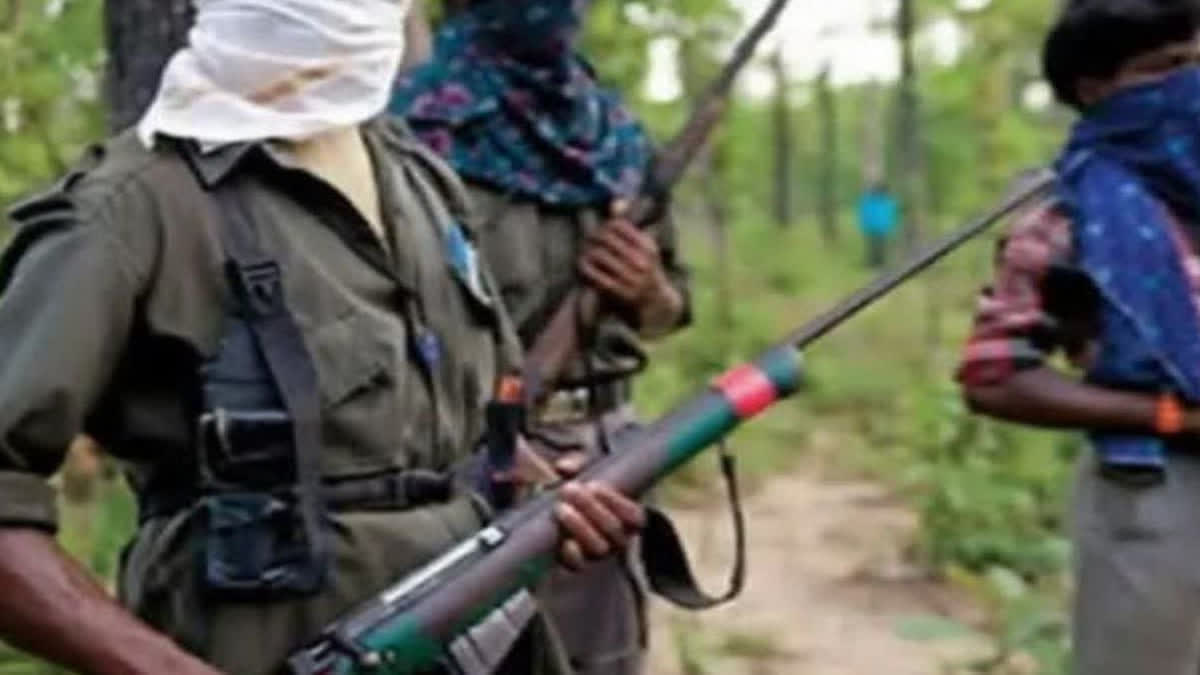Raipur (Chhattisgarh): In the initial round of Assembly elections in Chhattisgarh, which will be held on November 7, it is worth noting that 18 out of the 20 Assembly constituencies are situated in the heart of the Maoist stronghold. What's intriguing is that over the past three elections, there has been a significant increase in voter turnout. This trend indicates that, despite the backdrop of violence and intimidation, the people have boldly defied the extremist threat and steadfastly placed their trust in democracy.
Some simple data will prove the point. Over the years, the voting percentage in Maoist-affected areas has steadily increased. This upward trend in participation is a testament to the resilience of the people. In 2003, the voting percentage stood at 66.04%, which climbed to 67.05% in 2008, further reaching 76% in 2013 and 76.37% in 2018. Notably, even the most afflicted areas, including Bijapur, Konta and Dantewada, have witnessed a surge in voter turnout. In Bijapur, for instance, the voter turnout surged from a mere 29.19% in 2008 to a promising 48.18% in 2018.
Indeed, Naxalism has long plagued the region, with sporadic incidents still challenging the peace. In the run-up to elections, Maoists typically issue leaflets and posters calling for a boycott of the polls, often causing fear among the local population. However, the government and the Election Commission have made significant arrangements to conduct peaceful elections.
One major challenge contributing to the low voter turnout in Maoist-affected areas is the vast distances between polling stations. Nonetheless, in the 2023 elections, a significant development is the inclusion of over 120 villages in Bastar that will be able to cast their votes in their respective constituencies for the first time since India gained independence.
Also read:Maoists abduct Bastar Fighters' jawan in Chhattisgarh; family appeals for release
The security situation in these areas remains a top priority. The government has allocated 'X' category security to 24 leaders of various Assembly constituencies in Bastar. These leaders will be accompanied by two armed guards during their election campaigns. The Maoists' primary aim today is to eliminate local leadership, as they recognise that with rising leadership comes a diminishing grip on the area. Tragically, they are not averse to using violence to achieve their ends.
